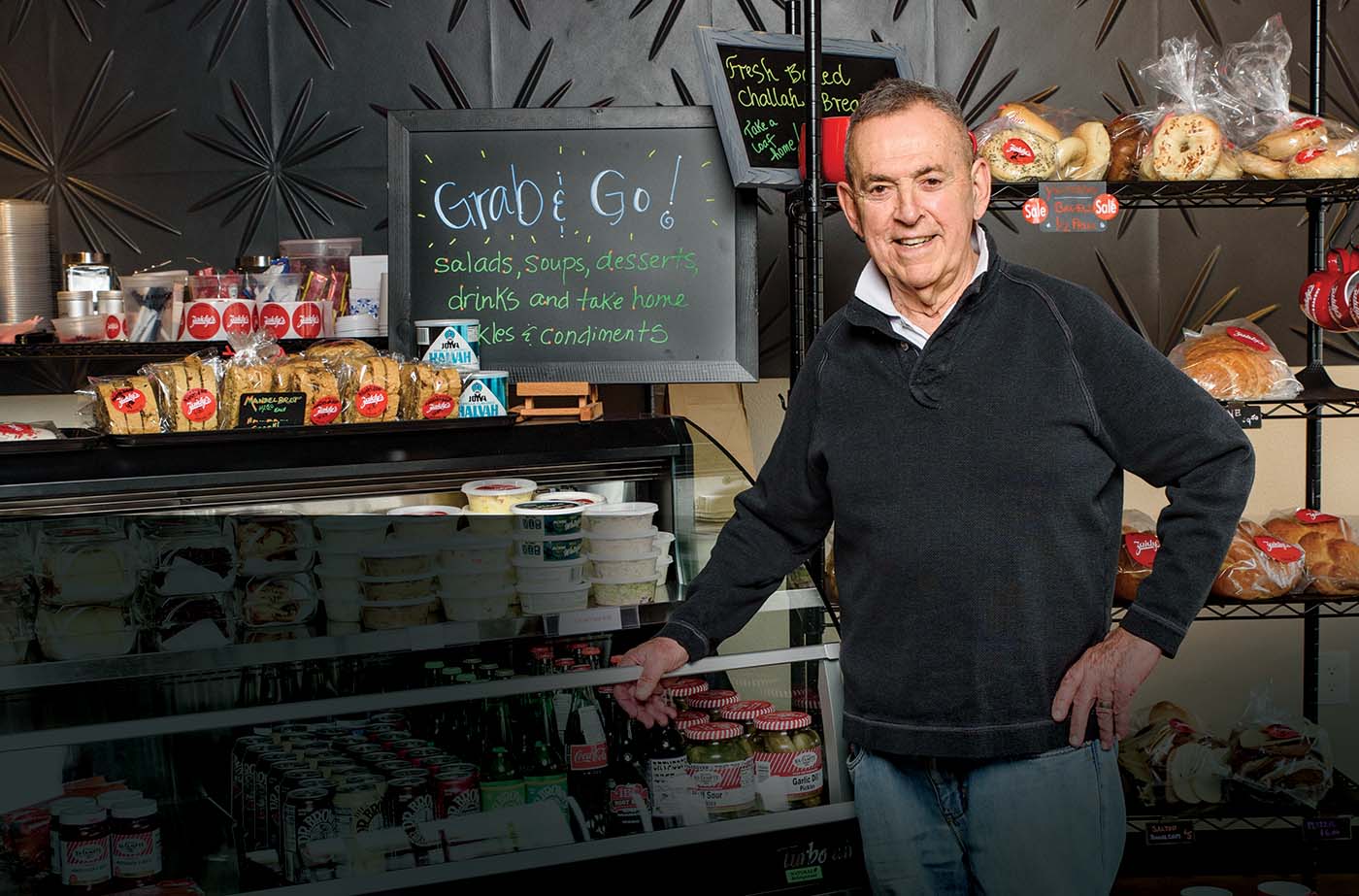
There’s something about an old favorite—the known quantity of it, the ingrained comfort. There’s the same sense of ease with a well-worn pair of jeans, a movie you’ve watched 100 times, or your standing order at your neighborhood spot. You are home, those things say. You belong. And so it is with the matzo ball soup at Zaidy’s Deli in Denver. That big white bowl sloshing with rich chicken stock, sliced carrot and celery, shreds of chicken, misshapen matzo balls, and a few twisty egg noodles. You are home.
And yet, in October of 2020 after 35 years in business, that bowl of soup slipped away when Zaidy’s closed its doors. Owner Gerard Rudofsky and his son Jason posted a farewell message on the restaurant’s website and social media. It read, in part: “It’s with a heavy heart that we’ve made the decision to stop compromising the integrity and quality of our renowned Jewish comfort food in order to stay open, no matter how much we wish we could… We’d like to thank Denver’s Jewish community, our invaluable staff, our devoted customers, and our family and friends, who have all walked through our doors time and time again to make Zaidy’s the home away from home we have always wanted it to be.”
The news spread and the community lamented. It was another hit, and this one hurt, especially after the recent shuttering of Racines, the Market, Vesta, and so many others—all decades-old restaurants that represented the heart of Denver. While the pandemic accelerated Zaidy’s closure, there was also the business of timing. Gerard was nearly 80, Zaidy’s lease was coming to an end, and after 28 years in that location, the building (which sat in the middle of extremely valuable Cherry Creek real estate) was in serious need of TLC.
And then something remarkable happened. Beth Ginsberg, owner of Trompeau Bakery and the former owner of the Bagel Store, was chatting with her friend Max Appel. They pulled out the story about Zaidy’s closure and looked at each other. “How can we let that happen?” they asked. Within minutes, Appel, who grew up on Denver’s Jewish west side, was on the phone with his longtime pal Gerard. Thus began a conversation that would breathe new life into the little restaurant that could.
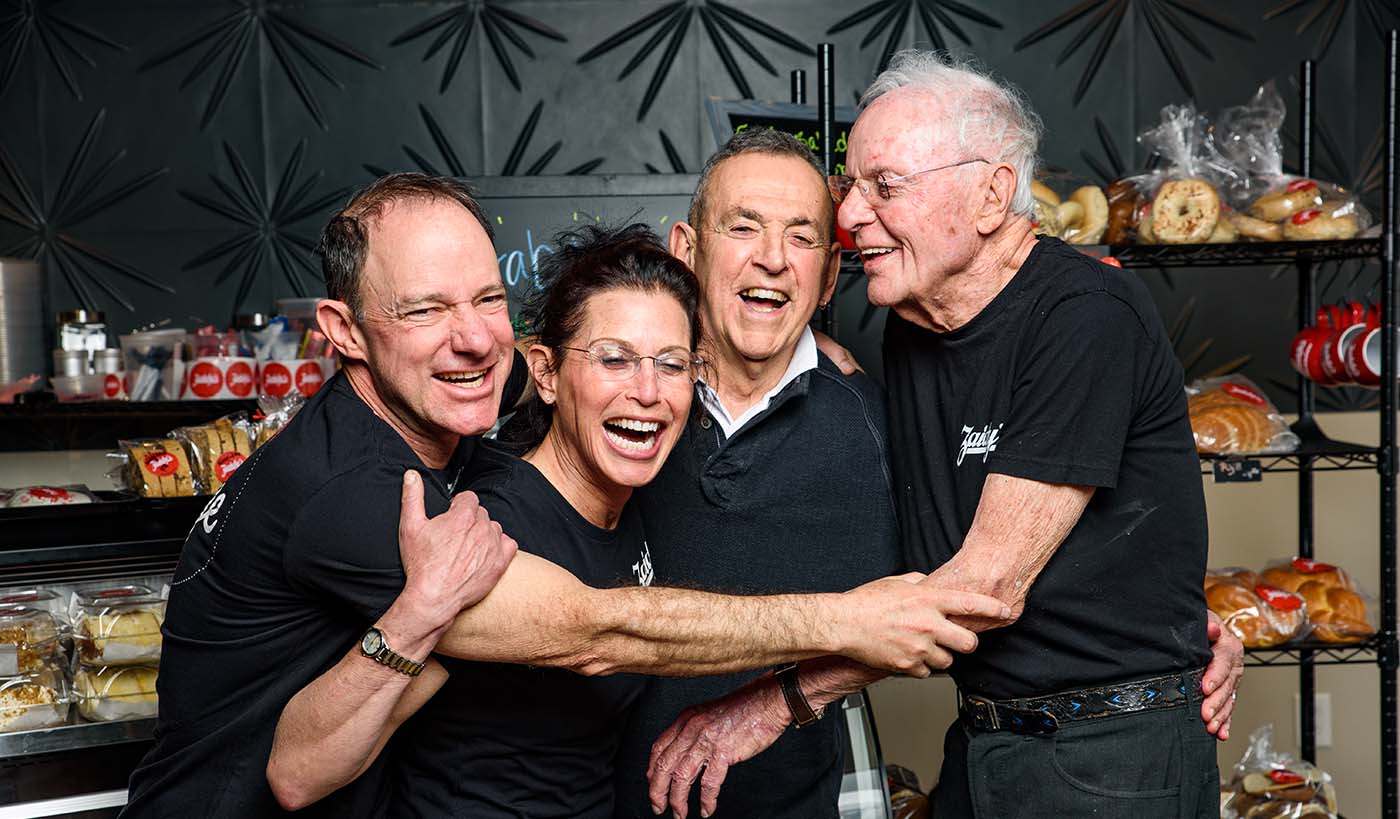
“We’ve looked back at our start in 2003 and will use that to help us redefine ourselves moving forward.”
Peg Romano, owner, Brasserie Ten Ten, Boulder
Thirty-seven miles away in Boulder, another renaissance is in the works. Peg and Joe Romano are bringing back Brasserie Ten Ten, which originally opened in 2003. The French staple closed on June 8, 2020—the same date the Romanos shuttered their other restaurants, the Mediterranean and Via Perla. “We felt it was the only decision we had at the time,” Peg said back in 2021, in a DiningOut story called “It Leaves a Void.” In an instant, a restaurant empire that had taken root in 1993 when The Med opened on Pearl Street was gone.
But it wasn’t forgotten. “Every day there are so many questions from people around town,” Peg says. Finally, she has something to talk about instead of just nodding sadly and consoling yet another patron who is still mourning the loss of their favorite dish, their most treasured table. Brasserie Ten Ten is slated to reopen in early summer—all dependent, of course, on a million and one variables that range from permitting to staffing.
But will it—can it—be the same? “The Brasserie was functioning at a high level of satisfaction for our community. Why change?” asks Peg. “It will be the Brasserie Ten Ten that everyone knows.” Chef Tony Hessel, who has worked with the Romanos for more than 26 years, started the restaurant, wrote the menus, and ran the kitchen for a decade, is back. “You’ll see a new menu, but with original favorites and new dishes that lean towards classic French,” Peg assures.
The Romanos, who have since sold the Med and Via Perla spaces, took the pause to make Brasserie better than ever. They fully remodeled the kitchen (complete with a Montague oven suite), renovated the restrooms, and spiffed up the bar with new equipment. “We’re dusting off after being closed for two-plus years and doing some upgrades and repainting and repairing,” Peg explains. “We’ve looked back at our start in 2003 and will use that to help us redefine ourselves moving forward.”
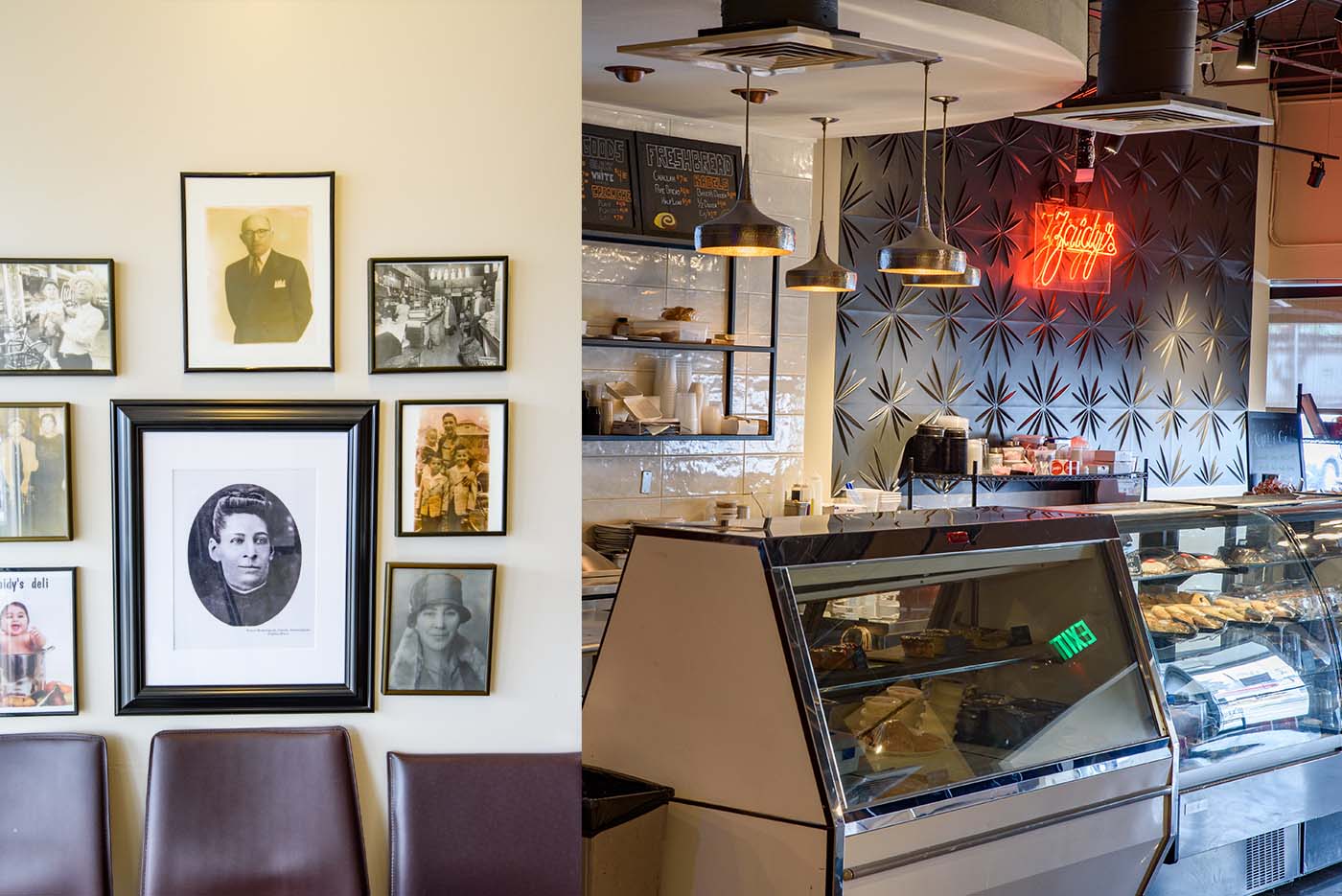
The timing for Zaidy’s 2.0 couldn’t have been better. “We were talking about bakeries and I had just asked Beth, ‘What do you love?’” recalls Appel. “Her response was, ‘I love Jewish cooking.’” Soon after Ginsberg and Appel got off the phone with Gerard, the restaurant’s original owner, they brought Appel’s son Joel into the conversation.
“I’m a brand guy,” says Joel. “I like heritage brands that can be restaged, freshened, and made right for the next generation.” (Joel helped the Appel family cleaning product business—Orange Glo—catapult from a mom-and-pop brand to an international sensation that included OxiClean and Kaboom.) The four reasoned that a Zaidy’s 2.0 had legs—the restaurant already tugged on the heartstrings of its loyal patrons and, given the national resurgence of interest in classic Jewish delis and nostalgic cooking, it also had the potential to reach a new audience. But there would have to be changes.
“We really decided that if we were going to open, we were going to make it upscale and improve on it,” Joel explains. “We were going to bake our own rye bread and challah and our own bagels. We were going to expand the bakery offerings. The stuff they used to buy, we were going to do it, even our own smoked fish. That was part of the deal—if we’re going to do it, it had to be on-trend.” This is Ginsberg’s wheelhouse.
Walk into the new Zaidy’s Deli & Bakery, which opened across town in the Virginia Vale neighborhood in August of 2021, and wire baskets of fresh bagels beckon from a glass display case. Other cases are lined with apricot and poppy seed hamantaschen as big as your outstretched hand (“We have 625 on order today,” Ginsberg laughs), trays of rugelach, plates of pastrami cr’nish (a knish made with croissant dough), and smoked fish and meats. There are to-go containers of cream cheese schmears, whitefish salad, and twisted loaves of challah. And this is before you even get to the menu.
The shiny, new space (Zaidy’s took over the Ambli Mexico location, which relocated to Aurora) feels like a sunny upgrade. It’s at once familiar, thanks to the framed black-and-white photos and news clippings in the entryway and on the walls, and modern with details like cheerful orange banquettes, a gleaming white quartz bar top, an open kitchen, and an exposed ceiling. It feels like the old Zaidy’s but new and improved. And the energy…it feels exciting, it feels pre-pandemic, it feels buoyant.
When, in early February, loyal customers again pushed through the doors and flooded Boulder’s tiny Mountain Sun Pub & Brewery, it felt like a victory. The original of Kevin Daly’s five pubs had been closed for just shy of two years. But now, long-empty pint glasses were filled to the brim and the grill station was jammed with cheeseburgers and DIY grilled cheese orders. “It felt good. It felt like the end of the pandemic,” Daly says. This is especially true on sunny days when the coveted patio tables fill with beer drinkers gathering to talk and laugh and bask in the sun.
But all is not normal. Of Daly’s five locations (Longs Peak Pub & Taphouse in Longmont; Southern Sun Pub & Brewery, Under the Sun Pub & Pizza, and Mountain Sun in Boulder; and Vine Street Pub & Brewery in Denver), only four are open and only one is profitable. “I feel like we get a lot of flack for not moving faster,” Daly says, with a shrug in his voice. “But three of the four locations are losing money because of cost of goods sold. Rushing wouldn’t have been smart.”
Daly has no plans to expedite the currently closed Vine Street’s opening, although he did take the opportunity to remodel the much-loved space. There are several factors at hand: Vine’s core team, which was already small, moved on during the shutdown; Denver’s rising minimum wage makes labor extra expensive (Daly notes that he believes in the increase but the timing is rough); and since Daly owns the building and the brewery is operating and supplying the rest of the pubs, the space isn’t entirely dormant. More than anything, he explains, “Our goal is to run four pubs really well and have them profitable before opening Vine. We’re growing back organically.”
Much hinges on a busy summer. As for now, the usually bustling Pearl Street (where Mountain Sun has crushed it since opening in 1993), isn’t the public crowd magnet it used to be. “Thank god we didn’t rush it,” Daly reiterates. “I’m in it for the long game. I’m not going to let [COVID] take a 29-year-old restaurant group out.”
Clearly, we need Zaidy’s (and Benny’s, and Brasserie Ten Ten, and Mountain Sun, and insert name here) to feel like ourselves.
This, it seems, is the growing sentiment of many restaurateurs. In recent months, other shuttered staples have begun showing signs of life. In August 2021, to much excitement, the news broke that Trey Parker and Matt Stone of South Park were buying Casa Bonita. In November, the duo announced that Work & Class and Super Mega Bien chef Dana Rodriguez would helm Casa Bonita’s kitchen whenever it reopens (which could be summer…or December…or who knows). And in March, after much speculation that developers were closing in on the corner of Seventh and Grant (and thus the “temporarily closed” 35-year-old Benny’s Restaurant & Cantina), the restaurant suddenly reappeared on Facebook with a post that was half announcement, half question: “We would really appreciate your time and feedback,” it read in part. “We are proposing to re-open Benny’s with a new remodel, and name of ‘Benny’s Taverna’…Our family will take the communities [sic] feedback into consideration moving forward.”
Oh, to again raise a sopaipilla flag at Casa Bonita (especially if the puffy pillows are crafted by Rodriguez’s hand). And to again drink a Benny’s margarita and dig into the almighty D combo composed of a cheese enchilada and a beef taco topped with shredded iceberg and diced tomatoes. These are the experiences and dishes that ground us, that tie us to memory and place. (Neither restaurant responded to interview requests.)
And so it is with Zaidy’s matzo ball soup or the towering Reuben or the bagel and lox. The restaurant sells 30 to 50 quarts of the soup daily, orders 1,500 pounds of corned beef every two weeks, and can bake off 12 dozen bagels every 45 minutes. Clearly, we need Zaidy’s (and Benny’s, and Brasserie Ten Ten, and Mountain Sun, and insert name here) to feel like ourselves.
Zaidy’s might be back, but that doesn’t mean it’s stagnant. Ginsberg, Max, Joel, and even Gerard (who still works the floor multiple times a week) think maybe, just maybe, the soulful soup or stacked sandwich or other Zaidy’s staple has a wider reach. In addition to expanding its catering business, the restaurant is also pushing through the wall into an adjoining space. Dubbed Zaidy’s Next Door, that space will act as a full-scale bakery and market. “We’re looking to be a food company,” Joel says. “What can Zaidy’s be? It’s a brand that people love and it’s a comfort brand. It’s an on-trend brand. Let’s marry those things together.” This effort and renewed focus is working because both the long-timers and the newcomers are flocking to the new location. More people than ever are ordering and lapping up—and cherishing—bowls of that matzo ball soup.
Zaidy’s, you could say, is doing what it does best: It’s not just a restaurant reopening, it’s a community re-awakening. Max puts it best: “Joel calls Zaidy’s a two-stop spot,” he says. “It takes you two stops to get to your table because you see everyone you know.”
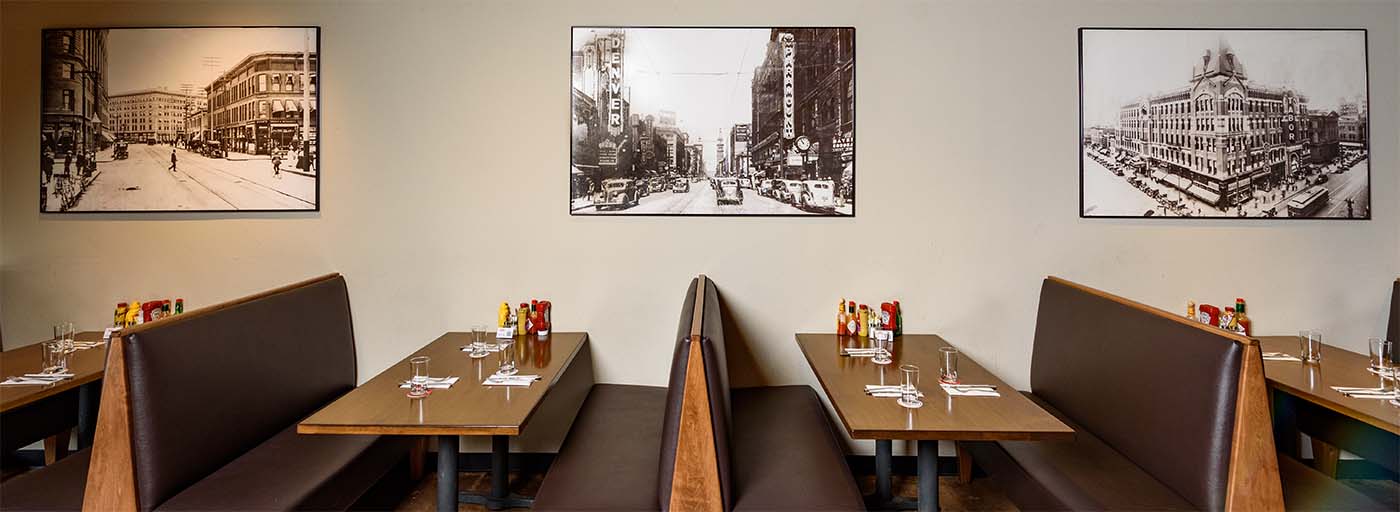



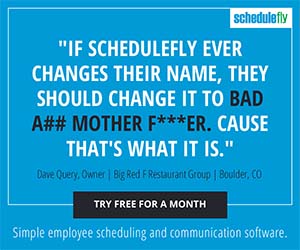
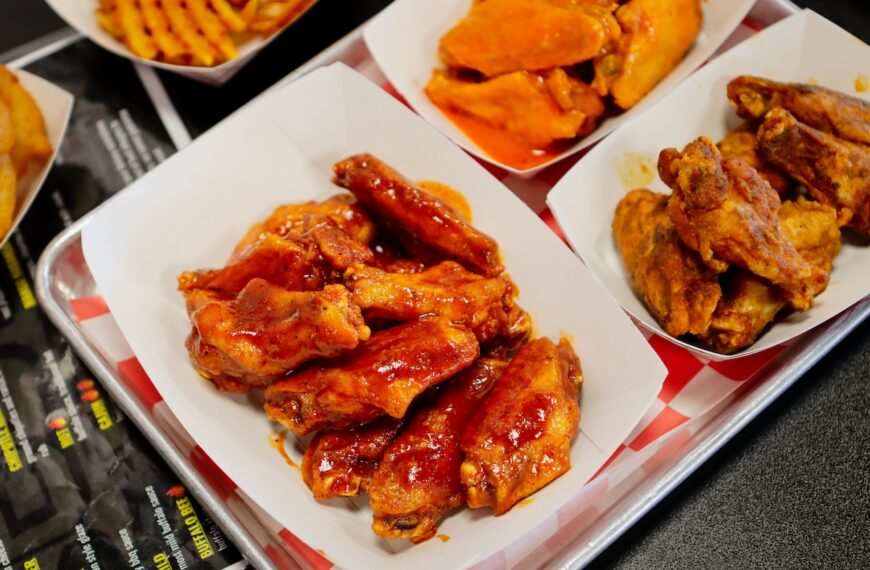
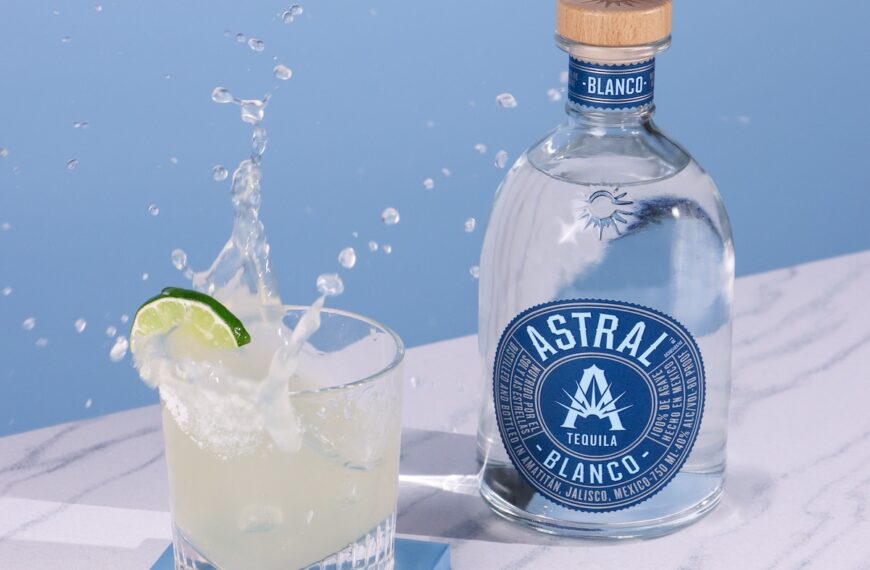
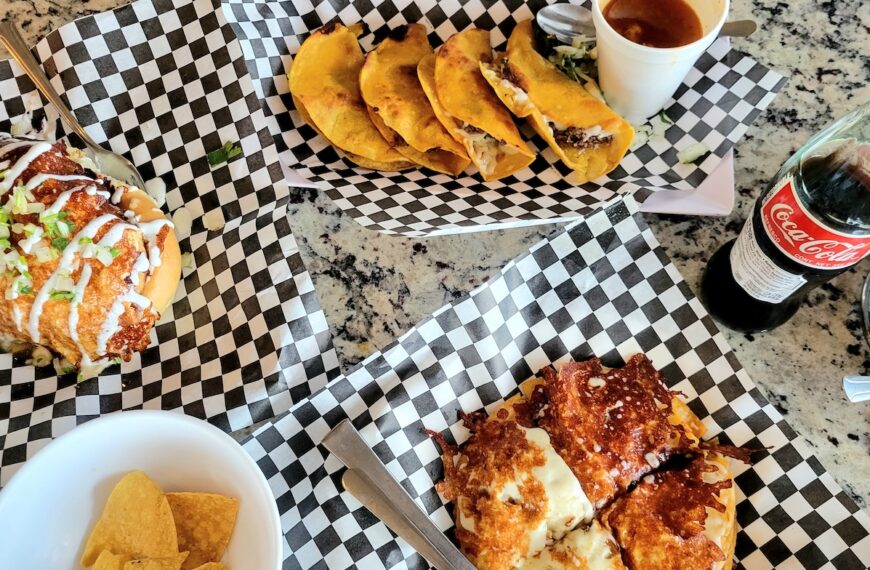
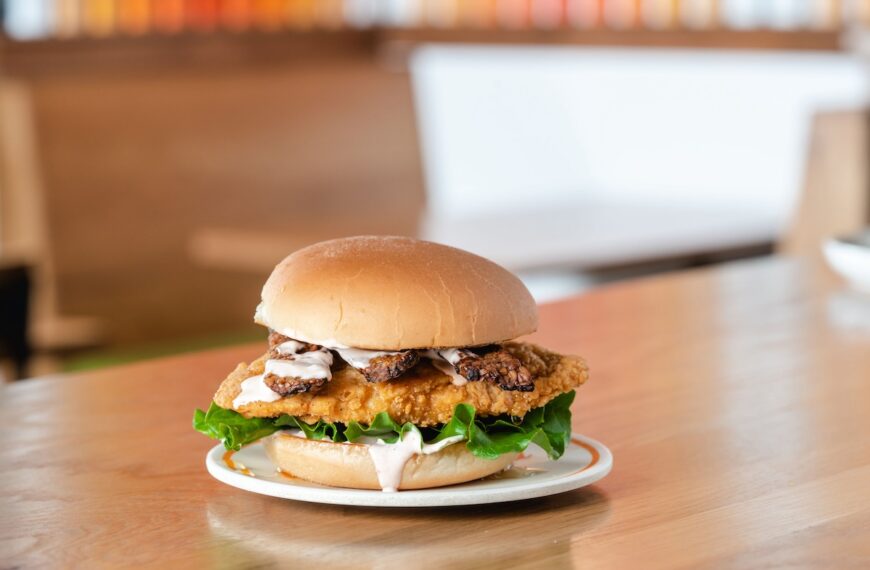
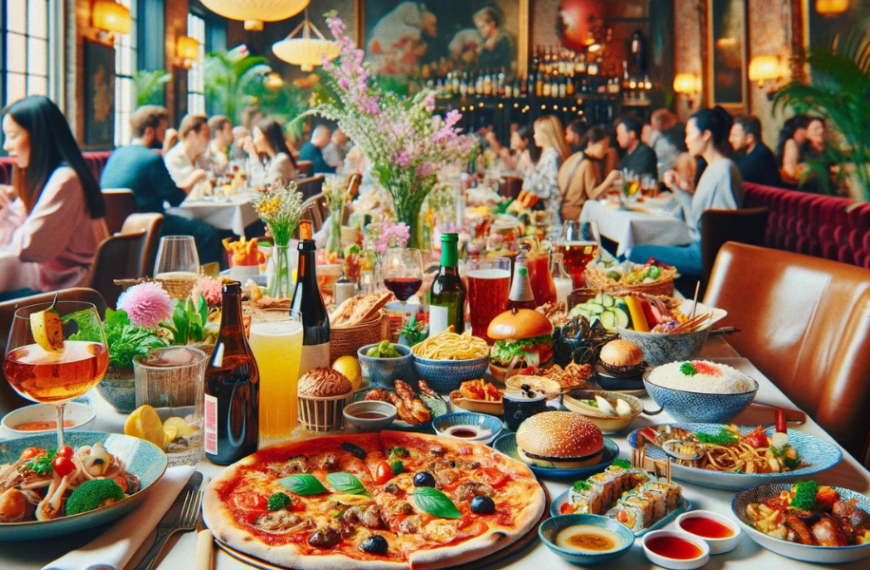
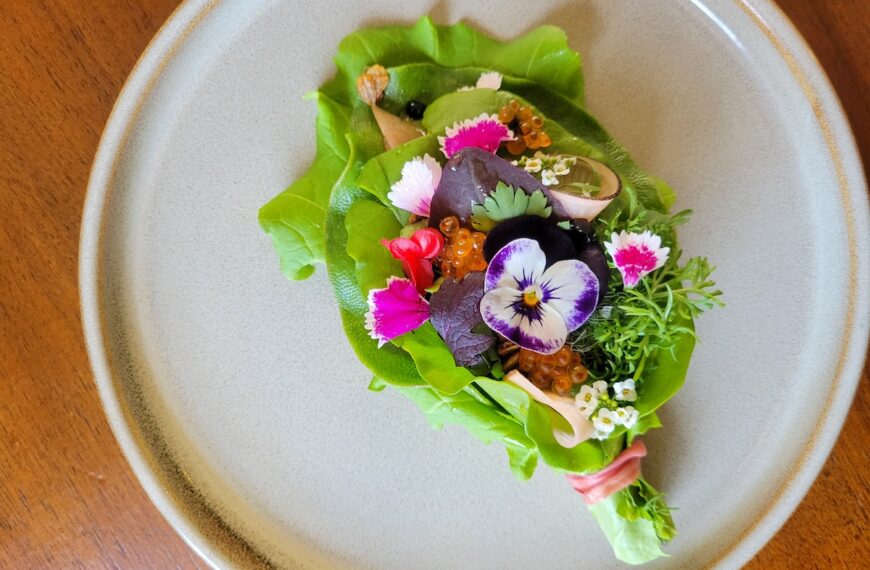

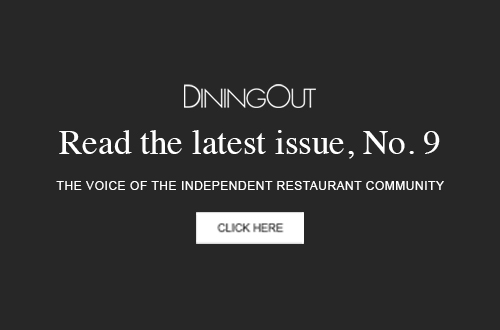
Comments are closed.